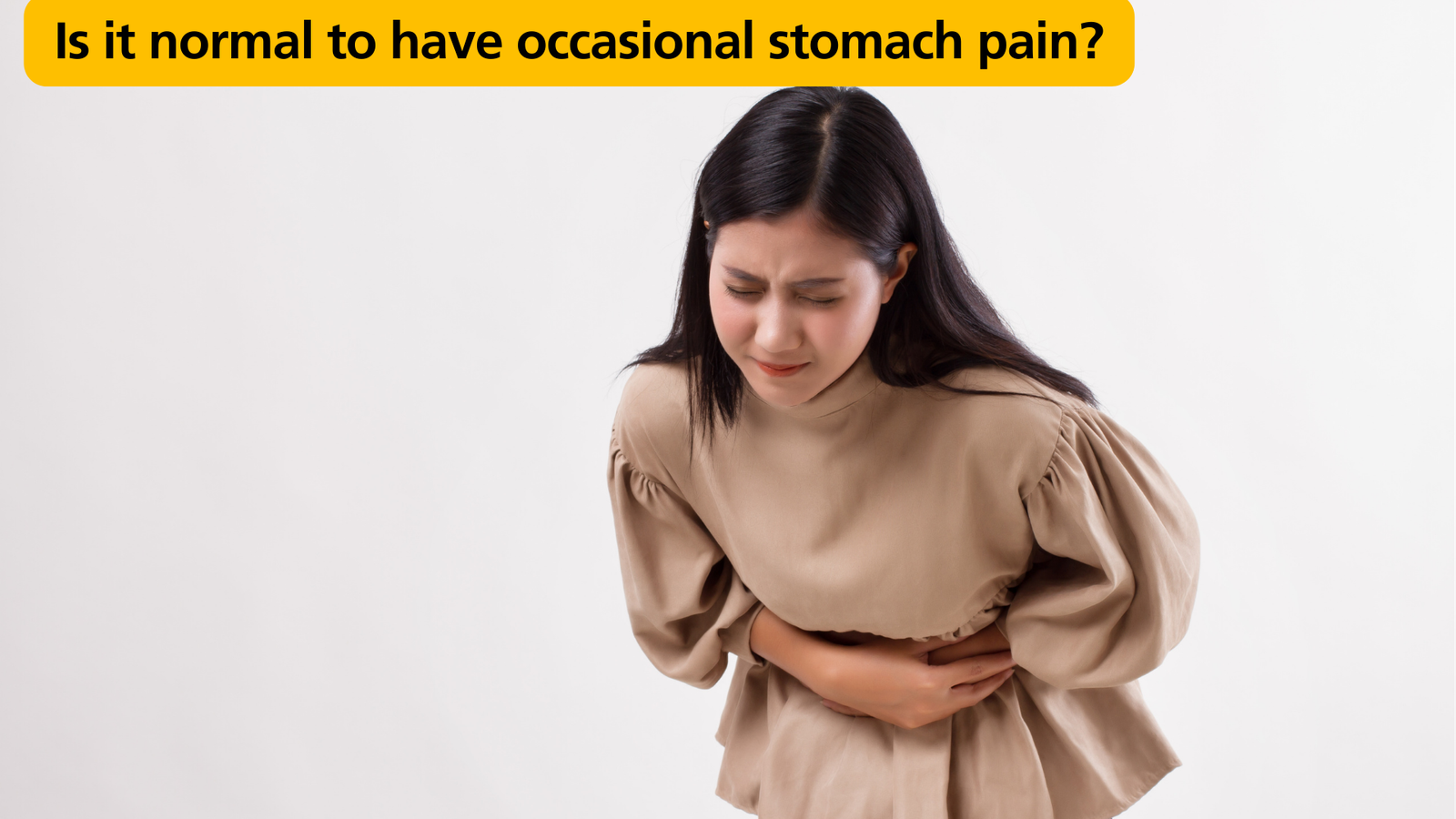Stomach pain is a common ailment experienced by many people at some point in their lives. While some may dismiss it as a normal occurrence, others might worry it’s a sign of something more serious. So, is it normal to have occasional stomach pain? Let’s delve deeper into this topic and uncover the truths behind those uneasy twinges in our bellies.
Causes of Occasional Stomach Pain
Dietary Factors
Our dietary choices can play a significant role in causing occasional stomach pain. Foods high in spice or grease can irritate the stomach lining, leading to discomfort. Overeating is another common culprit, as it puts excess strain on the digestive system. Additionally, food intolerances, such as lactose or gluten intolerance, can trigger stomach pain in susceptible individuals.
Lifestyle Factors
Stress is known to wreak havoc on our bodies, including our digestive systems. When we’re stressed, our bodies produce more stomach acid, which can lead to pain and discomfort. Furthermore, a lack of exercise can contribute to digestive issues, as physical activity helps stimulate bowel movements and keeps our digestive tract healthy.
Digestive Issues

Various digestive disorders can cause occasional stomach pain. Acid reflux occurs when stomach acid backs up into the esophagus, causing a burning sensation in the chest and abdomen. Irritable bowel syndrome (IBS) is another common condition characterized by abdominal pain, bloating, and changes in bowel habits. Additionally, constipation can cause discomfort and cramping in the stomach area.
Other Causes
Sometimes, stomach pain can be attributed to factors beyond diet and lifestyle. For instance, menstrual cramps can cause abdominal discomfort in women during their menstrual cycle. Gas and bloating are also common culprits, often caused by the fermentation of undigested food in the intestines. In some cases, even simple muscle strain from physical activity can lead to stomach pain.
When to Seek Medical Attention
While occasional stomach pain is usually harmless and resolves on its own, there are instances where it’s crucial to seek medical attention.
Red Flags
Persistent or severe stomach pain should never be ignored, as it could indicate a more serious underlying condition. If you experience pain that doesn’t go away or worsens over time, it’s essential to consult a healthcare professional. Additionally, if your stomach pain is accompanied by other symptoms such as fever, vomiting, or difficulty breathing, seek medical help immediately.
Diagnosis and Treatment

If you’re experiencing frequent or severe stomach pain, your doctor may recommend a medical evaluation to determine the underlying cause. This may involve physical examinations, blood tests, or imaging studies such as ultrasounds or endoscopies. Treatment for occasional stomach pain often involves lifestyle changes, such as improving diet and managing stress. In some cases, medications or therapies may be prescribed to alleviate symptoms and promote healing.
Preventing Occasional Stomach Pain
While occasional stomach pain may be inevitable at times, there are steps you can take to prevent it from occurring frequently.
Balanced Diet
Eating a balanced diet rich in fruits, vegetables, whole grains, and lean proteins can help keep your digestive system healthy and reduce the risk of stomach pain. Avoiding trigger foods and eating smaller, more frequent meals can also help prevent discomfort.
Stress Management
Finding healthy ways to manage stress, such as exercise, meditation, or deep breathing exercises, can help prevent stress-related stomach pain. Prioritizing self-care and taking time to relax and unwind can have a positive impact on your overall digestive health.
Regular Exercise

Regular physical activity not only helps maintain a healthy weight but also promotes regular bowel movements and reduces stress levels. Aim for at least 30 minutes of moderate exercise most days of the week to keep your digestive system functioning smoothly.
Conclusion
In conclusion, occasional stomach pain is a common occurrence for many people and is often nothing to worry about. However, it’s essential to pay attention to your body and seek medical attention if you experience persistent or severe pain, or if your symptoms are accompanied by other concerning signs. By understanding the causes of stomach pain and taking steps to prevent it, you can maintain optimal digestive health and enjoy a happier, pain-free life.
FAQs (Frequently Asked Questions)
- Is it normal to have stomach pain every day?
- While occasional stomach pain is common, experiencing it every day could indicate an underlying issue that requires medical attention. It’s essential to consult a healthcare professional if you’re experiencing frequent or persistent stomach pain.
- Can stress cause stomach pain?
- Yes, stress can contribute to stomach pain by increasing stomach acid production and affecting digestive function. Finding healthy ways to manage stress, such as exercise and relaxation techniques, can help alleviate stomach discomfort.
- What foods can trigger stomach pain?
- Spicy, greasy, and fatty foods are common triggers for stomach pain, as they can irritate the stomach lining and lead to discomfort. Other potential trigger foods include dairy products, caffeine, and carbonated beverages.
- When should I seek emergency medical attention for stomach pain?
- You should seek emergency medical attention if your stomach pain is severe, persistent, or accompanied by symptoms such as fever, vomiting, difficulty breathing, or blood in the stool.
- Is it normal to have stomach pain during menstruation?
- Yes, it’s common for women to experience stomach pain or cramps during menstruation. This is caused by uterine contractions and is usually mild and manageable with over-the-counter pain relievers and home remedies. However, if the pain is severe or debilitating, it’s essential to consult a healthcare professional.
